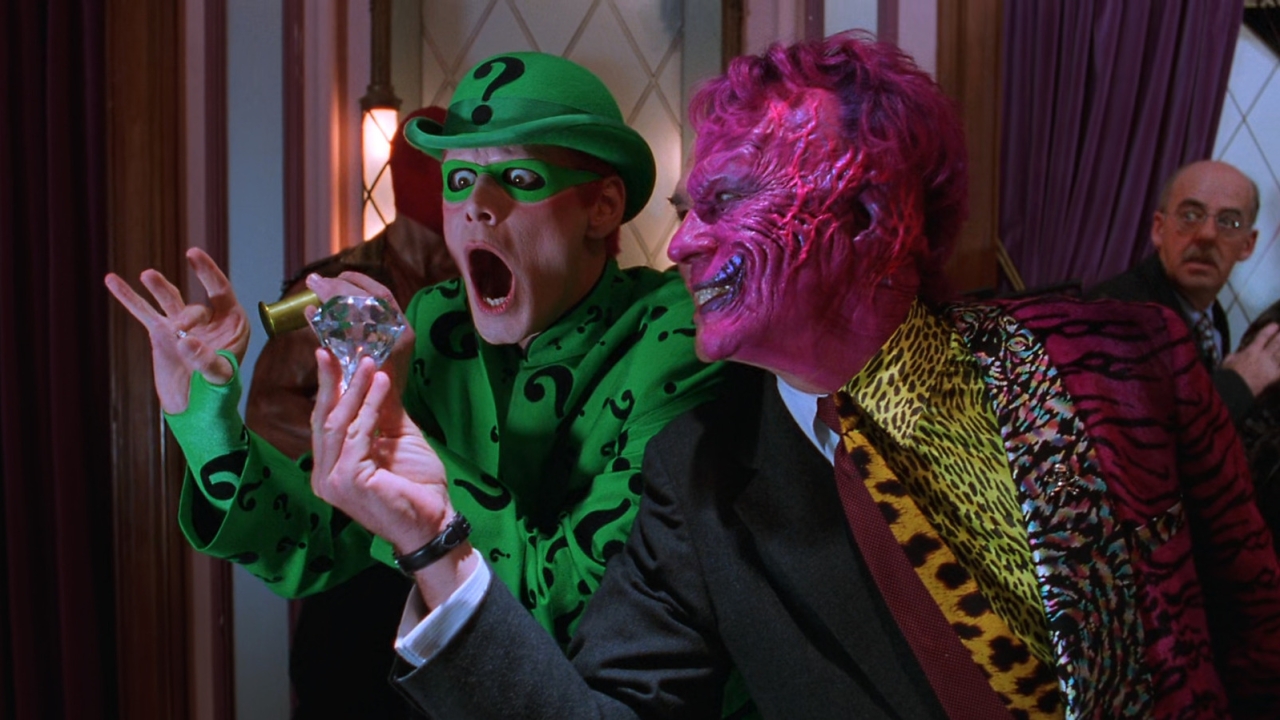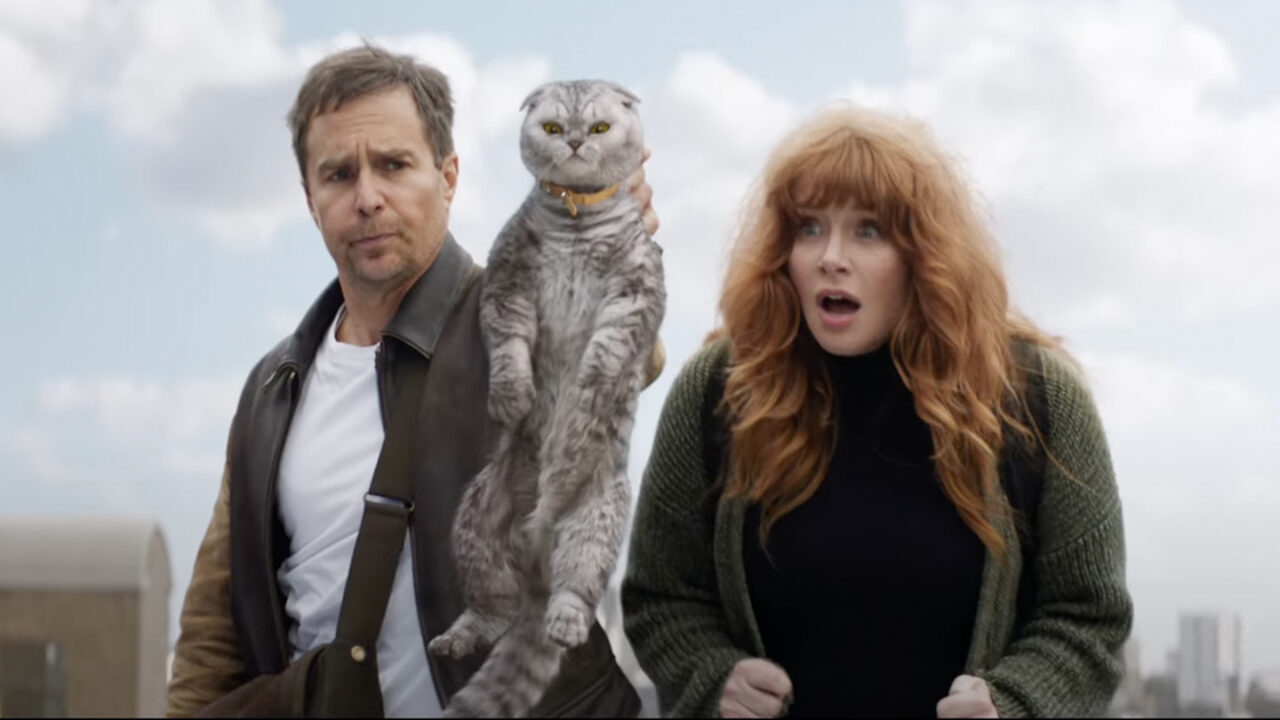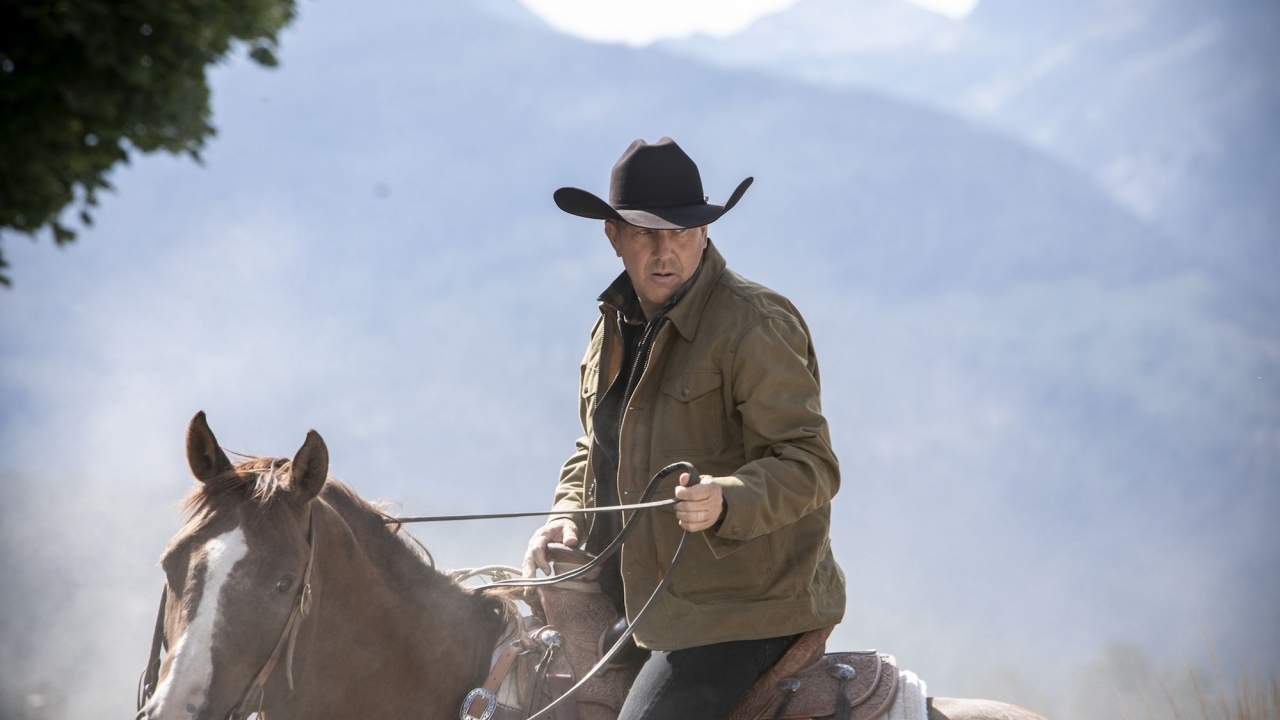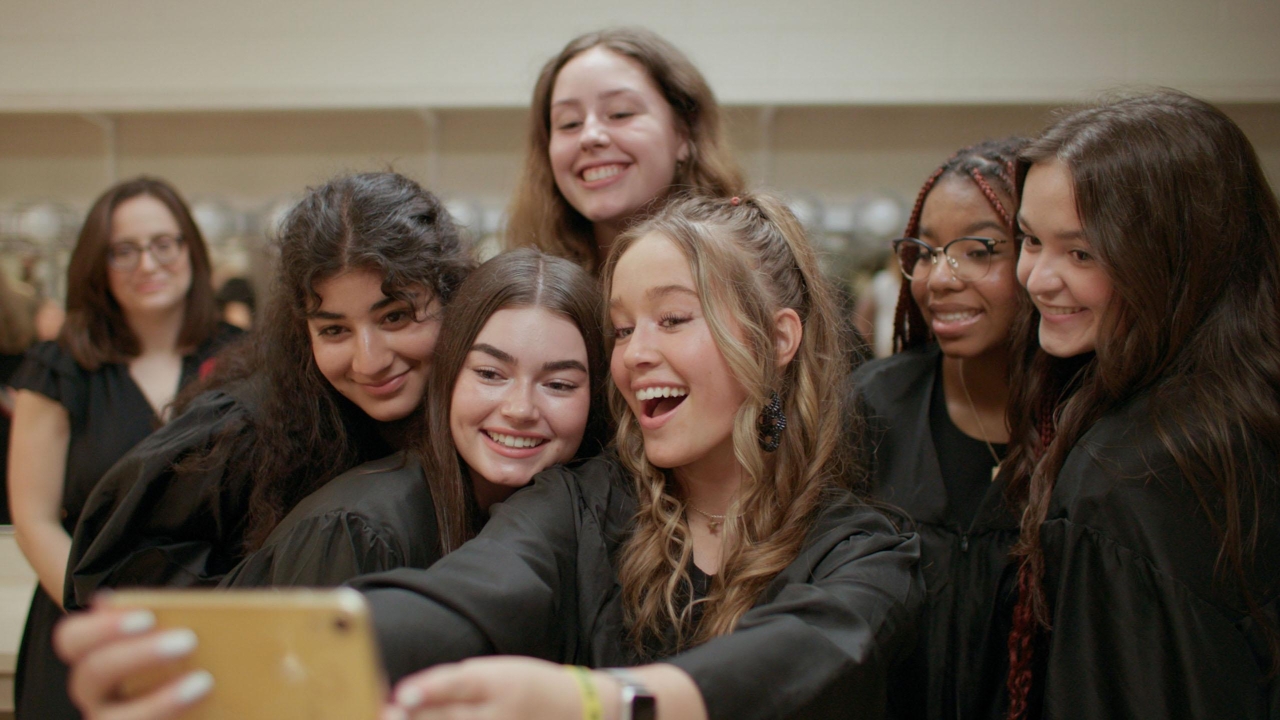Tyler Perry's Concerns Over AI Impact on Hollywood Studio Expansion Plans
News - 23 February 2024
 Tyler Perry, a prominent figure in Hollywood known for his work as an actor, director, producer, and writer, has recently shifted his focus to the potential impact of AI on the film industry. Perry, who is behind successful films such as Gone Girl and Don't Look Up, had ambitious plans to expand his Tyler Perry Studios in Atlanta with an $800 million investment. However, the recent launch of OpenAI's Sora program has caused him to reconsider these plans.
Tyler Perry, a prominent figure in Hollywood known for his work as an actor, director, producer, and writer, has recently shifted his focus to the potential impact of AI on the film industry. Perry, who is behind successful films such as Gone Girl and Don't Look Up, had ambitious plans to expand his Tyler Perry Studios in Atlanta with an $800 million investment. However, the recent launch of OpenAI's Sora program has caused him to reconsider these plans.nnIn a recent interview, Perry expressed his concerns about the rapid advancements in AI technology and how it could potentially disrupt the traditional Hollywood studio model. He noted that he had been closely following developments in AI for some time and was taken aback by the capabilities of the Sora program.nnPerry had initially planned to add 12 new studios to his existing Tyler Perry Studios, but now feels that these plans are temporarily on hold due to the uncertainty surrounding the impact of AI.
He emphasized that if AI technology continues to progress at its current rate, there may be a shift in the way films are produced and studios could become obsolete.nnThe discussion around AI in Hollywood is not new, as many directors and industry professionals have speculated about the implications of AI on the future of filmmaking. The launch of Sora has reignited these conversations, with many questioning how AI will shape the industry in the years to come.
nnOne of the main concerns surrounding AI in Hollywood is the potential for automation to replace human creativity and innovation. While AI has the ability to streamline certain aspects of the filmmaking process, such as pre-visualization and post-production, there is a fear that it could diminish the role of human artists and storytellers in the creative process.nnDespite these concerns, some industry insiders believe that AI could enhance the creative process by providing filmmakers with new tools and resources to bring their visions to life.
AI has the potential to analyze data and trends to predict audience preferences, optimize marketing strategies, and even generate script ideas based on popular trends.nnIn addition to the creative implications of AI, there are also concerns about the potential impact on jobs and the workforce in Hollywood. As AI technology continues to evolve, there is a fear that certain roles within the industry, such as editors, visual effects artists, and even actors, could be replaced by AI-driven solutions.
nnHowever, proponents of AI in Hollywood argue that the technology has the potential to create new job opportunities and streamline production processes, ultimately leading to more efficient and cost-effective filmmaking. By incorporating AI into pre-production, production, and post-production workflows, studios can save time and resources, allowing for more creativity and innovation in their projects.nnAs Tyler Perry grapples with the implications of AI on his studio expansion plans, he joins a growing number of industry professionals who are closely monitoring the development of AI technology in Hollywood.
While the future remains uncertain, one thing is clear: AI is poised to revolutionize the way films are made, distributed, and consumed in the years to come. And for Perry, this means that his vision for the future of Tyler Perry Studios may need to evolve to adapt to the changing landscape of the industry.











